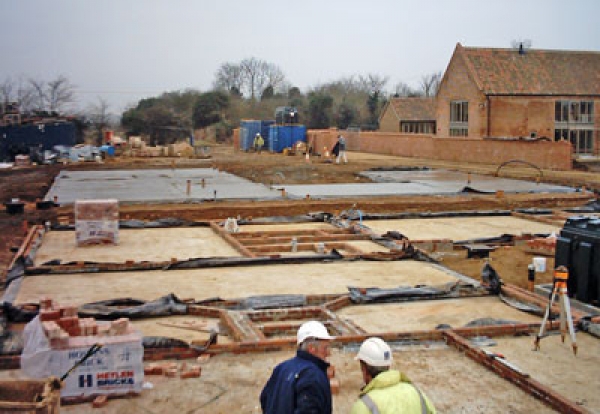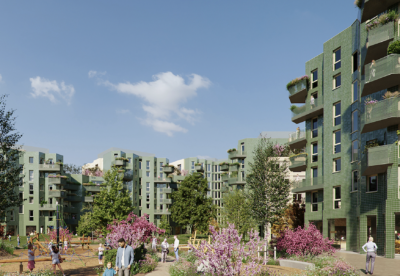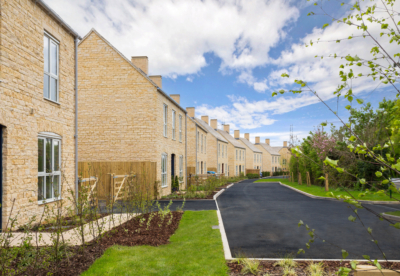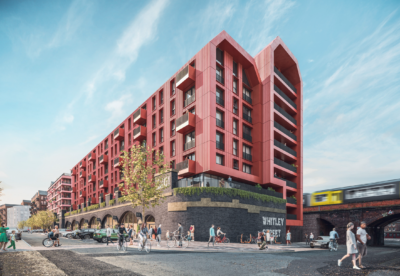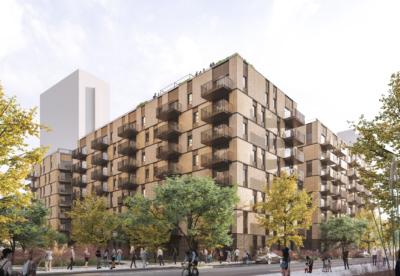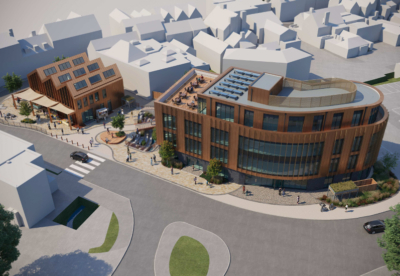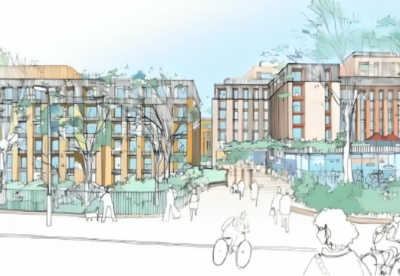Individual councils can bid for a share of £300m of extra borrowing, released through an increase in their housing revenue account borrowing cap.
The cash must be invested in new affordable housing over two years from 2015.
Communities Secretary Eric Pickle also confirmed that rules governing council land sales would change to free more redundant land and property to build homes.
Councils applying for extra borrowing powers will need to demonstrate maximum value for money, by including funds from disposal of surplus assets, particularly high-value vacant stock, and by bringing forward their own land for new affordable housing.
Communities Secretary Eric Pickles said: “We have untied the hands of councils so they can take more responsibility for housing in their area.
“Councils have built more homes in the last three years than under the whole of the last government.”
Pickles added: “But there is still more to do. Today we are offering extra borrowing powers so councils can build more homes. We are also making it easier for councils to sell surplus and redundant property for new affordable housing, and they should consider what land they can release for the benefit of their local community.”
The extra funding and flexibilities will enable councils to complement government’s affordable housing programme, which is on track to deliver 170,000 homes by 2015, and a further 165,000 between 2015 and 2018.
In January ministers launched an independent review that will consider how councils could play a bigger role in building new homes for local communities.
Natalie Elphicke and Keith House are investigating whether councils are using their current powers and flexibilities to deliver new housing, and how they could team up with housing associations, house builders, residents and businesses to do more.
Last week they made their first call for evidence, and asked for ideas, evidence and case studies from a wide audience so they can consider new approaches to increase housebuilding, identify barriers and challenge ‘myths’ that may stand in the way of housing developments.






